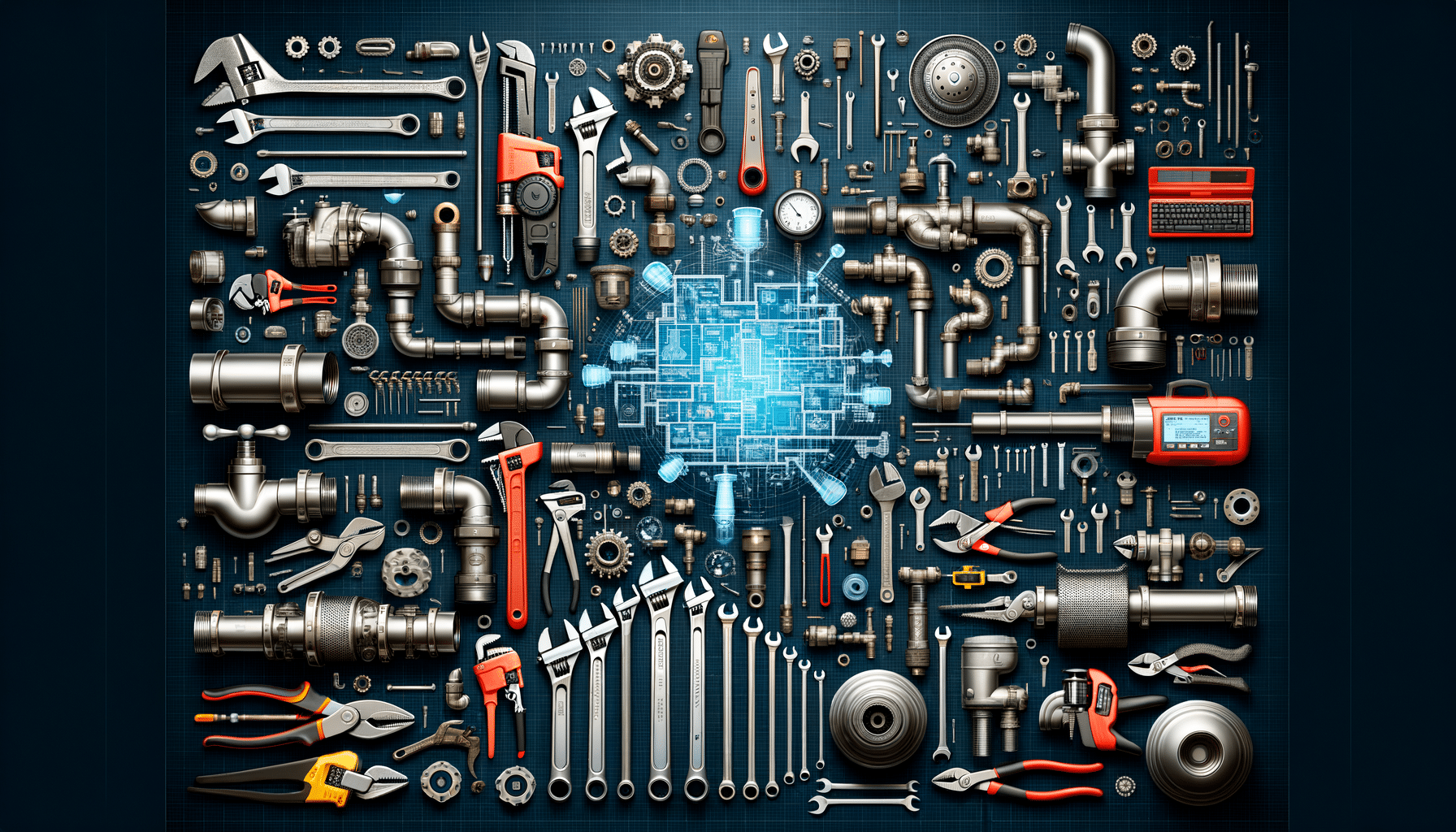
Explore about Plumber Jobs
Introduction to Plumbing Jobs
Plumbing jobs are essential to maintaining the infrastructure of modern society. They involve the installation, maintenance, and repair of systems that manage water supply, waste disposal, and heating. Plumbers play a crucial role in ensuring the smooth operation of both residential and commercial spaces. With the increasing demand for sustainable and efficient water systems, the significance of plumbing jobs has grown, making them a vital part of the construction and maintenance industry.
Plumbers are responsible for a wide range of tasks, from fixing leaky faucets to installing complex piping systems. They work in various environments, including homes, businesses, and industrial sites. The profession requires a combination of technical skills, problem-solving abilities, and physical stamina. As the world continues to develop and urbanize, the need for skilled plumbers is expected to rise, offering numerous opportunities for those entering the field.
Skills and Qualifications Required
Becoming a plumber requires a specific set of skills and qualifications. Technical knowledge is paramount, as plumbers must understand how to read blueprints, follow building codes, and install various plumbing systems. A strong grasp of mathematics and physics is also beneficial, as it aids in calculating dimensions and understanding fluid dynamics.
In addition to technical skills, plumbers must possess excellent problem-solving abilities. They often encounter unexpected challenges, such as locating the source of a leak or figuring out why a system isn’t functioning correctly. Good communication skills are also important, as plumbers need to explain issues and solutions to clients clearly.
Most plumbers begin their careers through apprenticeships, which combine on-the-job training with classroom instruction. This pathway allows aspiring plumbers to learn from experienced professionals while earning a salary. Certifications and licenses are typically required, varying by region, to ensure that plumbers meet industry standards and regulations.
- Technical knowledge of plumbing systems
- Problem-solving and analytical skills
- Good communication abilities
- Certification and licensing
Career Opportunities and Growth
The plumbing industry offers a wide range of career opportunities. Plumbers can specialize in areas such as residential plumbing, commercial plumbing, or industrial systems. Each specialization requires unique skills and knowledge, providing plumbers with the chance to tailor their careers to their interests and strengths.
Residential plumbers typically work in homes, handling tasks like installing sinks, toilets, and water heaters. Commercial plumbers work in larger buildings, such as schools and hospitals, where they manage more complex systems. Industrial plumbers focus on factories and manufacturing plants, dealing with large-scale piping and waste systems.
With experience, plumbers can advance to supervisory or managerial roles, overseeing projects and teams. Some may choose to start their own businesses, providing services to a wider client base. The demand for plumbers is expected to grow, driven by the need for new construction and the maintenance of aging infrastructure, making it a promising field for long-term career growth.
Challenges and Rewards of Plumbing Jobs
While plumbing jobs offer numerous opportunities, they also come with challenges. Plumbers often work in physically demanding environments, requiring them to lift heavy equipment, work in confined spaces, and sometimes endure uncomfortable weather conditions. The job can also involve irregular hours, including nights and weekends, to address emergencies.
Despite these challenges, plumbing can be a highly rewarding career. Plumbers play a crucial role in maintaining essential services, contributing to public health and safety. The satisfaction of solving complex problems and providing valuable services to clients can be fulfilling. Additionally, the profession offers competitive wages and job security, as skilled plumbers are always in demand.
For those who enjoy hands-on work and problem-solving, plumbing jobs provide a dynamic and engaging career path. The ability to work independently, coupled with the opportunity to make a tangible impact on communities, makes plumbing a rewarding choice for many.
- Physical demands and challenging environments
- Irregular hours and emergency calls
- Satisfaction from solving problems and helping clients
- Competitive wages and job security
Future Trends in the Plumbing Industry
The plumbing industry is evolving with technological advancements and environmental considerations. One of the significant trends is the integration of smart technologies into plumbing systems. Smart water heaters, leak detectors, and automated shut-off valves are becoming more common, allowing for greater efficiency and monitoring capabilities.
Environmental sustainability is another major trend, with an increasing focus on water conservation and energy efficiency. Plumbers are now installing low-flow fixtures, rainwater harvesting systems, and energy-efficient appliances to meet these demands. This shift not only benefits the environment but also provides plumbers with the opportunity to expand their skills and services.
As the industry continues to evolve, plumbers who stay informed about new technologies and sustainable practices will be well-positioned to succeed. The future of plumbing promises to be both challenging and exciting, offering professionals the chance to contribute to important advancements in infrastructure and sustainability.
- Integration of smart technologies
- Focus on environmental sustainability
- Opportunities for skill expansion and innovation


